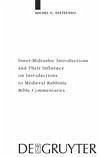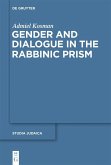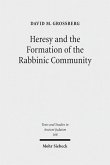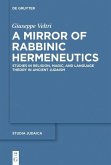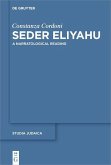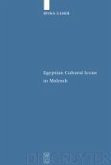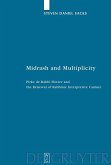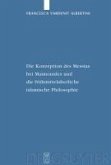The opening sections of some exegetical Midrashim deal with the same type of material that is found in introductions to medieval rabbinic Bible commentaries. The application of Goldberg's form analysis to these sections reveals the new form "Inner-Midrashic Introduction" (IMI) as a thematic discourse on introductory issues to biblical books. By its very nature the IMI is embedded within the comments on the first biblical verse (1:1). Further analysis of medieval rabbinic Bible commentary introductions in terms of their formal, thematic, and material characteristics, reveals that a high degree of continuity exists between them and the IMIs, including another newly discovered form, the "Inner-Commentary Introduction". These new discoveries challenge the current view that traces the origin of Bible introduction in Judaism exclusively to non-Jewish models. They also point to another important link between the Midrashim and the commentaries, i.e., the decomposition of the functional form midrash in the new discoursive context of the commentaries. Finally, the form analysis demonstrates how larger discourses are formed in the exegetical Midrashim.
Dieser Download kann aus rechtlichen Gründen nur mit Rechnungsadresse in A, B, BG, CY, CZ, D, DK, EW, E, FIN, F, GR, HR, H, IRL, I, LT, L, LR, M, NL, PL, P, R, S, SLO, SK ausgeliefert werden.

